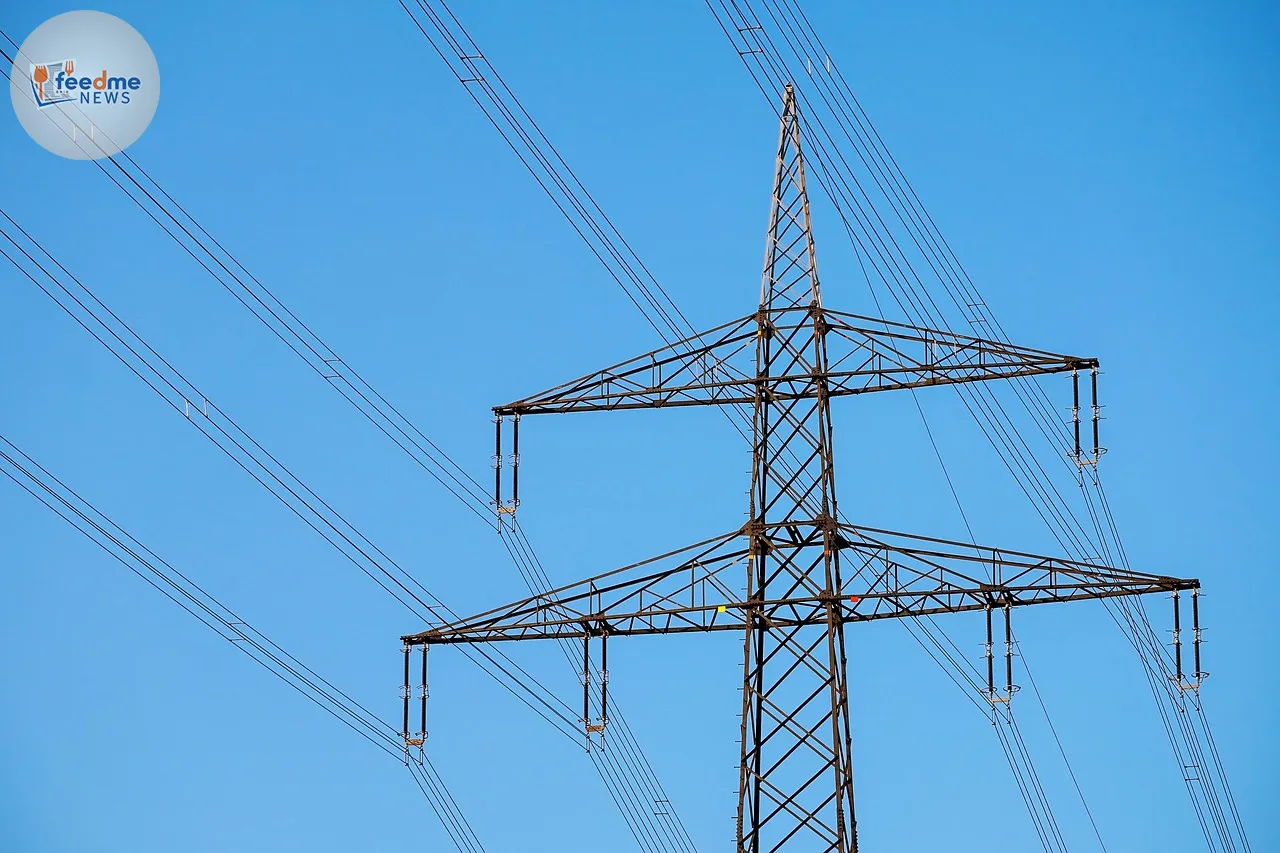A significant power outage plunged Spain and Portugal into darkness on Monday, affecting tens of millions of residents across the Iberian Peninsula. Spanish Prime Minister Pedro Sánchez assured the public that efforts to restore electricity were underway and that half of the national supply had been reinstated by late Monday night. Sánchez emphasised that the priority was to have power fully restored by Tuesday, aiming to alleviate the impact on daily life and economic activity.
The blackout, attributed to sudden temperature fluctuations, disrupted daily activities, leaving people stranded on public transport, unable to use electronic devices, and businesses struggling without power. The outage’s scale and suddenness posed a considerable challenge for the region’s energy infrastructure and sparked discussions on the resilience of power grids in the face of climate-induced anomalies.

Unprecedented Blackout Strikes the Iberian Peninsula
On Monday, 28 April 2025, an unexpected power outage swept across Spain and Portugal, affecting millions of homes and businesses. The blackout began in the early afternoon and quickly spread, leaving vast areas without electricity. The power cut was reportedly caused by abrupt changes in temperature, which energy operators struggled to manage.
The blackout’s timing could not have been worse, coinciding with peak energy usage hours. As temperatures soared, the demand for electricity surged, overwhelming the grid. Energy companies worked tirelessly to address the situation, but the scale of the outage made immediate recovery challenging.
Impact on Daily Life and Economy
The power outage wreaked havoc on everyday activities across the Iberian Peninsula. Public transport systems, including trains and subways, came to a standstill, leaving commuters stranded. In urban areas, traffic lights went dark, causing congestion and confusion on the roads. Many residents reported difficulties accessing essential services, with mobile networks and internet services disrupted.
Businesses faced significant challenges, with many forced to close temporarily due to the lack of power. Retailers struggled as electronic payment systems failed, and perishable goods in supermarkets were at risk of spoiling. The economic implications of the blackout are still being assessed, but experts predict substantial losses for businesses across the region.
Government Response and Recovery Efforts
Prime Minister Pedro Sánchez addressed the nation late on Monday, assuring citizens that the government was doing “everything possible” to restore power swiftly. By late evening, approximately 50% of Spain’s electricity supply had been reinstated, with efforts continuing overnight to fully restore services by Tuesday.
The Portuguese government also mobilised resources to address the crisis, coordinating with energy providers to expedite recovery efforts. Authorities in both countries urged residents to remain patient and assured them that contingency plans were in place to prevent similar incidents in the future.
Expert Insights on Energy Infrastructure Resilience
The blackout has sparked a broader discussion on the resilience of energy infrastructure in Spain and Portugal. Experts have highlighted the need for investment in modernising power grids to cope with increasing demand and climate-induced stressors. The incident underscores the importance of robust energy policies that prioritise sustainability and grid stability.
Energy analysts suggest that integrating renewable energy sources and enhancing grid interconnectivity across Europe could mitigate the risk of future outages. As climate change continues to influence weather patterns, the resilience of energy systems will become increasingly vital.
Looking Ahead: Strengthening Iberia’s Energy Security
As power gradually returns to the Iberian Peninsula, the focus shifts to preventing future incidents and strengthening regional energy security. The blackout serves as a stark reminder of the vulnerabilities in existing infrastructure and the need for strategic investments in energy resilience.
Governments and energy providers are expected to collaborate on initiatives that enhance grid stability and incorporate renewable energy solutions. These efforts will be crucial in ensuring that the region can withstand future challenges and continue to provide reliable power to its residents.
The Iberian blackout has highlighted the critical importance of energy security and resilience in the face of climate change. As the region recovers from the outage, lessons learned will inform future strategies to safeguard against similar disruptions, ensuring a stable and sustainable energy future for Spain and Portugal.





